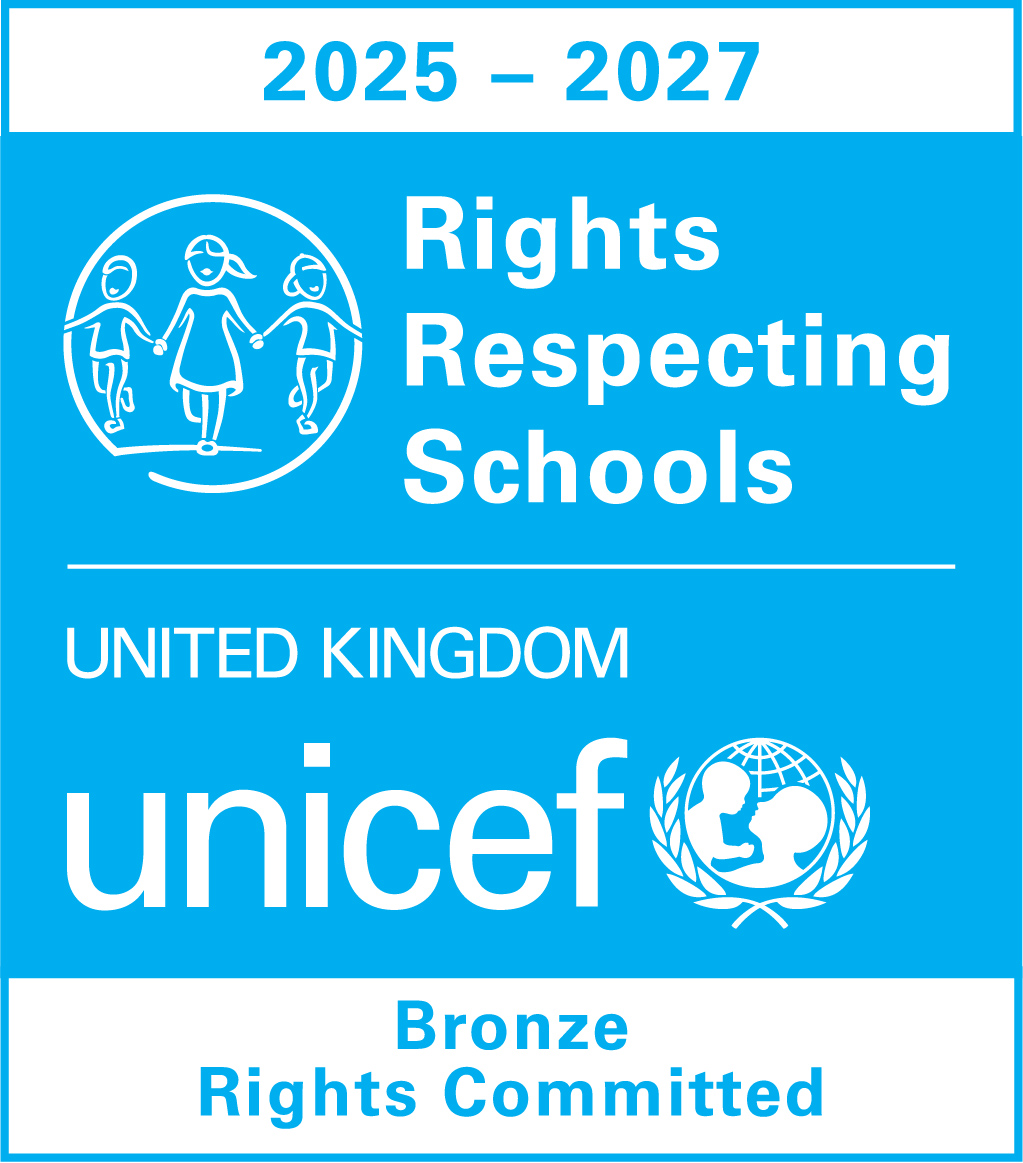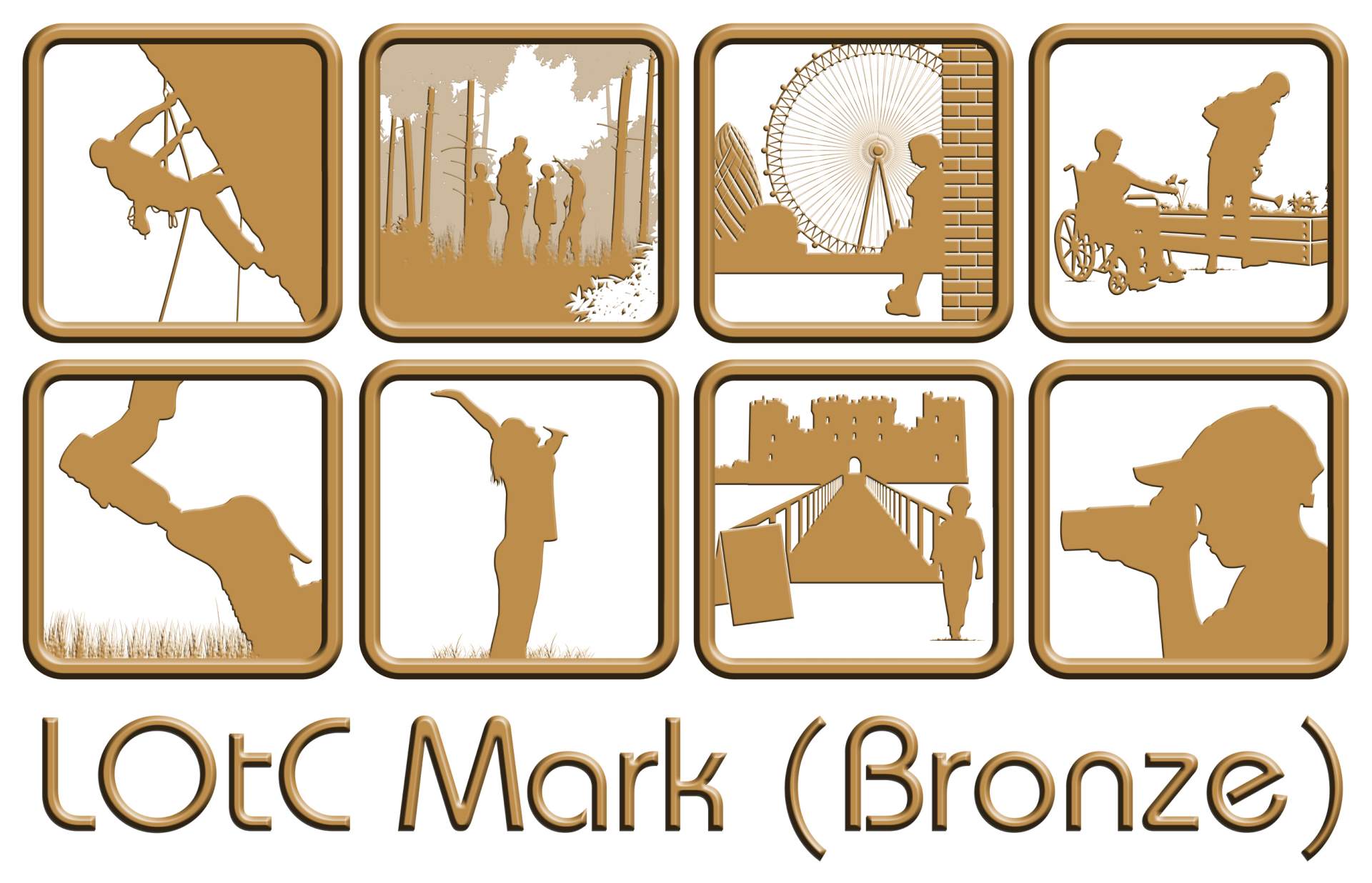Educational Visits Policy
Lakenham Primary School Policy on Educational Visits
The school has formally adopted, through its Governing Body, the Norfolk CC ‘Guidance for Educational Visits & School Journeys’ Further school procedures have been agreed with the Governing Body to ensure that this policy is adhered to.
Aims and purposes of Educational Visits
Lakenham Primary School has a strong commitment to the added value of learning beyond the statutory school day and beyond the school premises by the use of carefully planned Educational visits.
This is part of the schools required role to provide a broad and balanced curriculum that promotes spiritual, moral, cultural, mental and physical development and prepares young people for the opportunities and experiences of adult life.
Each year the school will arrange a number of activities that take place off the school site and/or out of school hours, which support the aims of the school The range of activities are outlined in the school prospectus along with the criteria by which pupils are able to access them and the methods by which parents will be notified and asked for their consent.
The Governing Body has given its approval to the following types of activities being arranged in support of the educational aims of the school:
Out of hours Clubs (music, drama, art, science, sport, homework etc)
School teams away fixtures.
Regular nearby visits (village halls, libraries, shops, woodlands, place of worship, farms) Day visits for particular year groups
Residential visits
Overseas visits
Adventure Activities.
At Lakenham Primary School our programme of outdoor educational visits is designed to support the development of curriculum. In Reception our outdoor play area greatly enhances the outside curriculum. In Phase 1, our pupils are encouraged to participate in visits in and around the immediate community of Norfolk and as children progress through the school a range of other visits including a residential trip to France and a Residential Visit to an adventure activity centre are planned to support our MFL Physical Education, and PHSE curriculum. All trips are open to all children dependent on parental agreement.
Approval Procedure and Consent
The Headteacher has nominated Adrian Belcher as the Educational Visits Co-ordinator (EVC) and the Governing Body has approved this appointment. This person will have attended the LA EVC training course and will be given sufficient time and resources’ to carry out the role. The Governing Body has delegated the consideration and approval of educational visits and other offsite activities to the Headteacher or and has nominated Glen Scott to liaise as necessary, on behalf of the governing body.
The Head will keep the Governing Body aware of its Educational Visits events & programme via the normal Head to Governors reporting process.
The school will comply with the LA’s guidelines for Educational Visits & Journeys.
Before a visit is advertised to parents the Headteacher & the EVC must approve the initial plan. They will also approve the completed plan and risk assessments for the visit at a later date.
Where external contractors are involved in organising all or part of the visit the contract will be made with the school on behalf of the pupils. The LA Providers Contract form will be used.
All payments for the visit will be made through the school’s accounts.
For regular out of hours clubs, school teams and nearby visits parents will be asked to sign a general letter of consent for participation in these activities when their son/daughter enters the school. Parents will be given the timetable for the activities that pupils are involved in and will be informed by phone call if an activity has to be cancelled. This will normally be updated each term
For any visit lasting a day or more or involving significant travel, or adventurous activity parents will be asked to sign a letter, which consents to their son/daughter taking part. The school has a standard model letter, which should be used for this purpose.
As part of the parents’ consent they will be fully informed of the activities and arrangements for the visit. For all residential visits parents will be invited to a briefing meeting where they can ask for clarification of any aspect of the itinerary and organisation of the visit.
The school has separate policies for ‘Charging and Remissions’ and ‘Diversity (Equal opportunities)’, which applies to all educational visits.
Staffing
The school recognises the key role of accompanying staff in ensuring the highest standards of learning, challenge and safety on a school visit.
Teachers and other staff are encouraged and supported to develop their abilities in organising and managing pupils’ learning in a variety of environments through induction, apprenticeship and training. The selection of staff for educational visits will be a key priority in the initial approval of any proposed visit.
Where it is appropriate the school will ensure that CRB screening is available for volunteer adults assisting with educational activities and visits.
The school does not normally support additional people accompanying educational visits who are not pupils at the school or part of the agreed staff complement. This may include family members accompanying visits if the governing body is not satisfied that there is an educational benefit for the pupils.
The appointed Group Leader will be fully supported in the tasks required to arrange the visit. This will include, as necessary, making time or finances available to conduct an exploratory visit, briefing teachers and other staff, accessing training courses, reviewing and evaluating the visit or identifying time when the leader and EVC might work in partnership to undertake planning and risk assessments.
Remissions Policy
Where non-chargeable education is provided during a residential visit, then the parents of pupils who are in receipt of the following state benefits for either the whole or part of the time spent on a visit shall receive a complete remission of any charges that would otherwise be payable in respect of board and lodgings:
Income support
Family credit
Income based job seekers allowance
Disability working allowance
Where charges are made by the governing body for optional extras, parents may apply for a remission for the whole or part of the charges set out in the school’s remissions policy.
The School may ask for Voluntary Contributions. Parents should be made aware that the contribution is not compulsory, and that the children of parents who do not contribute may not be discriminated against. It is permissible to ask parents to contribute more than the minimum amount to subsidise those pupils whose parents have not contributed. In the last resort, the visit may have to be cancelled if there are not enough voluntary contributions and the shortfall cannot be made up. [HASPEV 98]
The expectations of Pupils and Parents
The school has a clear code of conduct for school visits based on the schools’ ‘Behaviour Policy’. This code of conduct will be part of the condition of booking by the parents, and include the potential of withdrawal of a pupil prior to and during the visit if such conduct would have led to a fixed term exclusion from school.
Emergency Procedures
The school will appoint a member of the SMT as the emergency school contact for each visit. All major incidents should immediately be related to this person, especially those involving injury or that might attract media attention.
The Group Leader will leave full details of all pupils and accompanying adults on the visit with the emergency school contact, including the home contact details of parents/guardians and next-of-kin, as appropriate.
The group Leader will take with them a copy of the NCC Emergency Procedure.
All incidents and accidents occurring on a visit will be reported back through the school systems.
The school will have emergency funding available to support the Group Leader in an emergency.
Evaluation
The Group Leader with the EVC will evaluate all visits. A short evaluation report will be made available for the Governing Body on request.
The EVC will ensure that any risk assessments on the trip are dated as having been evaluated and/or modified as a result.
The Group Leader (with administrative assistance) is responsible for presenting a financial account for the visit, which will be audited as part of the schools’ procedures.
Signature/Pledge to Learning Outside the Classroom Manifesto.
The School endorses the Learning Outside the Classroom Manifesto, in its school policy
http://www.teachernet.gov.uk/teachingandlearning/resourcematerials/outsideclassroom/
Manifesto summary
Every young person should experience the world beyond the classroom as an essential part of learning and personal development, whatever their age, ability or circumstances.
These, often the most memorable learning experiences, help us to make sense of the world around us by making links between feelings and learning. They stay with us into adulthood and affect our behaviour, lifestyle and work. They influence our values and the decisions we make. They allow us to transfer learning experienced outside to the classroom and vice versa.
Learning outside the classroom is about raising achievement through an organised, powerful approach to learning in which direct experience is of prime importance. This is not only about what we learn but importantly how and where we learn.
These experiences can take place in the school grounds; local nature reserves and wild places; city farms and parks; streetscapes; field study centres; farms and the countryside; remote wild and adventurous places; heritage and cultural sites; zoos and botanic gardens; places of worship; museums, theatres, galleries and music venues; and on cultural, language and fieldwork visits abroad.
The Manifesto can involve everyone who sees the benefits to young people, such as Government, Head teachers, governors, teachers and support staff, parents, local authorities, community and voluntary organisations, curriculum subject bodies, businesses and all those agencies that provide external support to schools.













